Email paula.deroeper@otago.ac.nz to register for each talk
Light refreshments will be served at each talk
Tuesday 15 August 2017
Location: Christchurch Community House, 301 Tuam Street
Time: 6.30pm – 8.00pm (meeting room)
Speakers
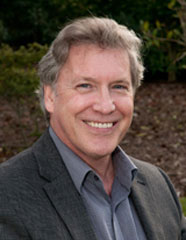 Professor Mark Richards
Professor Mark Richards
Title: Researchers as Human Guinea Pigs.
Topic: CHI Professors have put themselves on the line in the name of scientific research, come along and find out how and why.
Read more about Professor Mark Richards
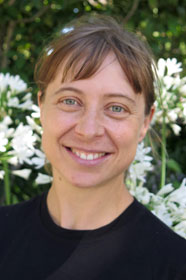 Dr Anna Pilbrow
Dr Anna Pilbrow
Title: Discovering new risk markers for heart disease in 'junk DNA'.
Topic: Are you interested in genetic links to heart disease? At this talk, discover how new genetic approaches may help identify individuals at risk of a future heart attack.
Read more about Dr Anna Pilbrow
Tuesday 12th September 2017
Location: Christchurch South Library, Beckenham,
Time: 6.30pm – 8.00pm (Sydenham Room)
Speakers
Research Professor Chris Charles 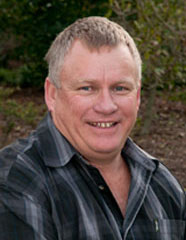
Title: Bridging the gap between basic science and the clinic.
Topic: Find out how the CHI's pre-clinical physiology team work to discover better treatment for patients with heart disease through bridging the gap from laboratory bench to the patient clinic.
Read more about Research Professor Chris Charles
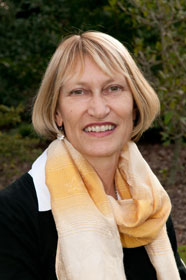 Professor Vicky Cameron
Professor Vicky Cameron
Title: Cardiovascular risk prediction and The Healthier Lives National Science Challenge.
Topic: Predicting the heart health of New Zealander's and its importance to the government's National Science Challenge initiative.
Read more about Professor Vicky Cameron
Tuesday 10th October 2017
Location: Christchurch South Library, Beckenham,
Time: 6.30pm – 8.00pm (Sydenham Room)
Speakers
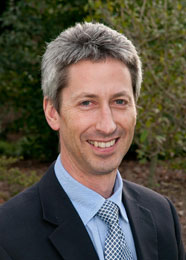 Professor Richard Troughton
Professor Richard Troughton
Title: Advances in treatment of heart failure and heart disease
Topic: Learn more about the latest techniques and treatments in heart health.
Read more about Professor Richard Troughton
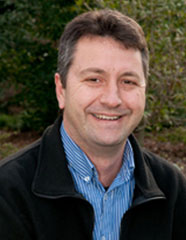 Associate Professor Chris Pemberton
Associate Professor Chris Pemberton
Title: Measuring proteins and peptides in blood to assist cardiology decision making
Topic: Find out about what the scientists see in the blood that have led to world-leading research breakthroughs.